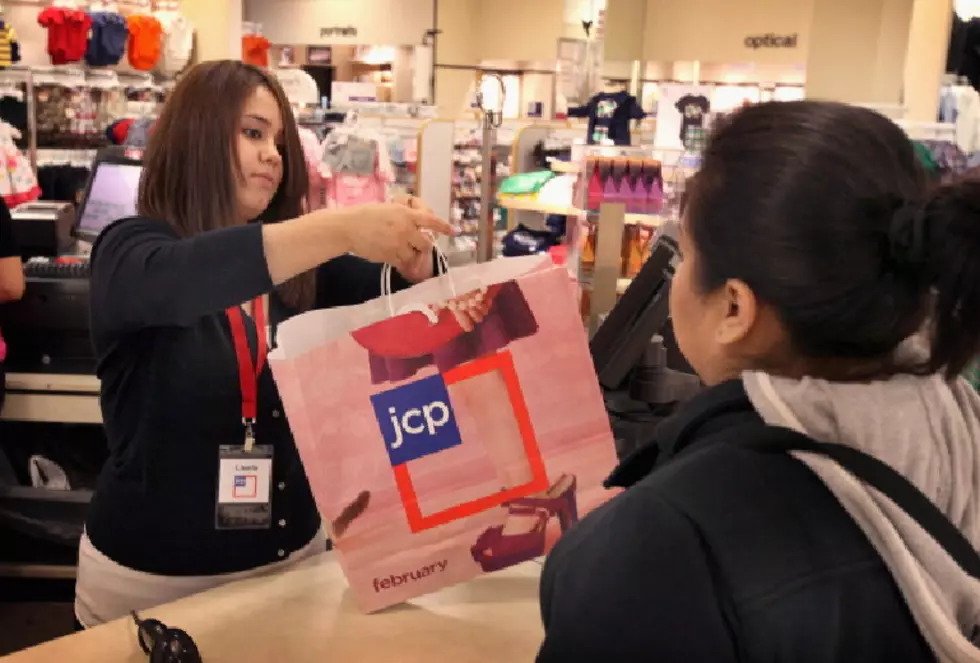
Seattle Mayor Supports Minimum Wage ABOVE $15 an Hour!
Mike McGinn says $15 is a "fair starting point." Wow.
McGinn says he believes the measure would best be handled legislatively with the actual amount determined by city council members. McGinn -- who's up for re-election next month -- says if he wins another term he would set up a coalition "to figure out far we could go on the minimum wage."
Prior to the passage of the minimum wage act in 1938, a worker's pay could fluctuate from week-to-week and for years it caused work stoppages -- even riots -- when workers found their pay dropping. It was often based on the amount of money the company took in. The wage was set so the government wouldn't have to keep stepping in to halt or mediate work stoppages.
According to the Small Business Chronicle:
In modern times, minimum wage law serves the purpose of establishing a 'living wage'--mostly for lower-class families that depend on the manual labor jobs which often pay the least."
It also points out a very key issue with raising the minimum wage:
Although minimum wage attempts to protect workers from exploitation by businesses, it sometimes damages small businesses that find it harder to comply with minimum wage law than large companies."
This isn't just mom-and-pop businesses like what we see in the Downtown Kennewick district, or Marineland Village on Clearwater. This also affects greatly franchise businesses such as fast-food chains. While they are part of the parent corporation, the local franchisee is responsible for profit and loss. Imagine a person who owns 3 such businesses, having to shell out an extra $6 and hour for, say, 30 workers each week. Assuming they work at least 30 hours, that amounts to an extra $5,400!
For decades, many minimum wage workers did so while in high school, trade school or even college, while they were pursuing another more permanent vocation. They would eventually find a higher-paying job, and move on - to be replaced by more incoming, newer, entry-level workers. We know, because we did these jobs ourselves, and watched others use minimum-wage jobs as a stepping stone.
What McGinn, and his opponent Ed Murray (who also supports such a plan) fail to realize is by boosting the minimum wage to these levels, they will actually kill thousands of potential jobs in small businesses, and even larger ones. The money a growing business might have used to hire additional workers will now have to go to pay existing employees.
Worse yet, in some small business cases, owners might have to CUT hours meet the expanded payroll.
And finally, $15 an hour opens a Pandora's Box as far as labor unions are concerned. There's already been rumblings from some organizations in WA state who say if the wage is raised that high, then THEY will demand higher wages for their more skilled trade workers. They reason, and we actually agree, someone with higher skills, more training and a more "difficult" job deserves to make a higher wage than a relatively unskilled worker.
Guess McGinn and Murray didn't think this one through very well, given our state's current economic condition. Prior to becoming mayor of Seattle, McGinn had never held a public political office, was a former Sierra Club top official, and was best known as a 'community activist.' Perhaps that explains his apparent lack of attention to widely accepted economic facts.
More From 870 AM KFLD









